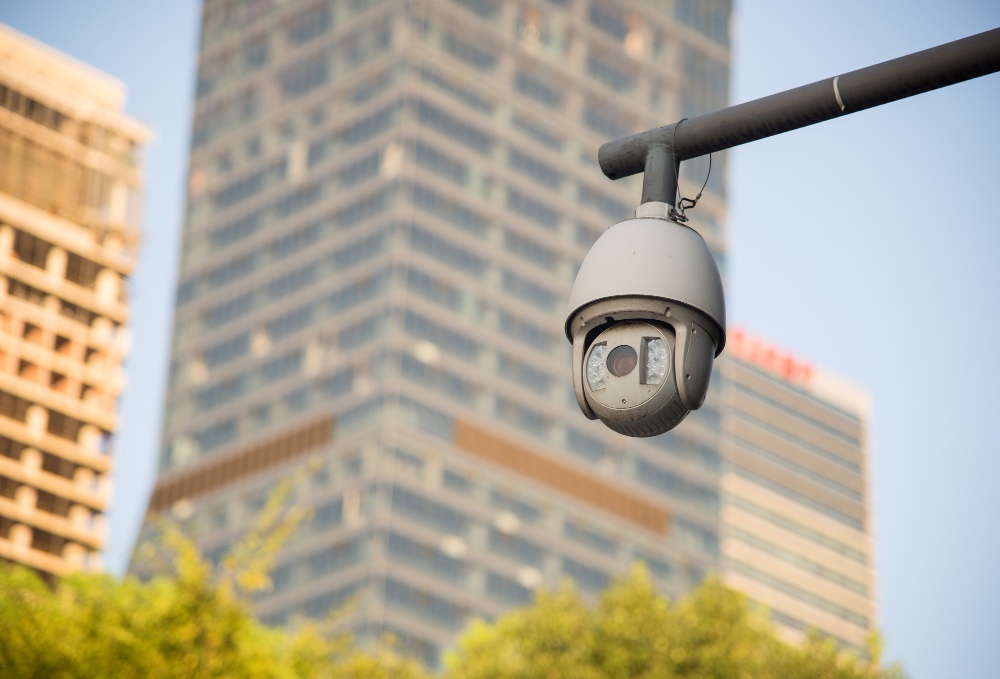In today's digital age, the concept of security has expanded beyond physical barriers to encompass virtual protection as well. Virtual security guards are becoming increasingly popular, offering a range of benefits and challenges for businesses and individuals alike.
Pros of Virtual Security Guards
Cost-effectiveness
One of the primary advantages of virtual security guards is their cost-effectiveness. Unlike traditional security personnel, virtual guards do not require salaries, benefits, or additional training costs. This makes them a more affordable option for businesses operating on a tight budget.
24/7 monitoring capability
Virtual security guards offer round-the-clock monitoring, ensuring continuous surveillance of your premises. This constant vigilance helps detect and prevent security breaches in real-time, providing peace of mind to property owners and managers.
Scalability
Virtual security solutions can be easily scaled up or down based on the specific needs of your property. Whether you're securing a small office or a large industrial complex, virtual guards can adapt to the size and scope of your security requirements.
Reduced human error
Unlike human guards, virtual security systems are not prone to fatigue, distractions, or human error. This reduces the risk of oversights or lapses in security protocols, enhancing the overall effectiveness of your security measures.
Remote access and control
With virtual security guards, users can remotely access and control security systems from anywhere with an internet connection. This flexibility allows for greater convenience and responsiveness in managing security threats.
Cons of Virtual Security Guards
Lack of physical presence
One of the main drawbacks of virtual security guards is their lack of physical presence. While they can monitor activities remotely, they cannot intervene in person during security incidents, which may be necessary in certain situations.
Dependence on technology
Virtual security guards rely heavily on technology, making them vulnerable to technical failures or cyber attacks. Malfunctions or system glitches can potentially compromise the effectiveness of security measures, leaving properties vulnerable to breaches.
Potential for technical glitches
Despite advancements in technology, virtual security systems are not immune to technical glitches or software bugs. These issues can result in system downtime or false alarms, causing inconvenience and disruptions to normal operations.
Limited response capabilities
Virtual security guards may have limited response capabilities compared to traditional security personnel. In the event of a security breach, they may be unable to provide immediate physical assistance or apprehend perpetrators, relying instead on remote monitoring and coordination with local authorities.
Comparative Analysis with Traditional Security Measures
Virtual security guards offer several advantages over traditional security measures, such as cost-effectiveness, scalability, and reduced human error. However, they also have limitations, including a lack of physical presence and dependence on technology. To determine the most suitable security solution for your needs, it's essential to conduct a comparative analysis taking into account factors such as effectiveness, cost, and adaptability.
Integration with Existing Security Systems
When implementing virtual security guards, it's crucial to consider how they will integrate with your existing security systems. Compatibility issues can arise when integrating different technologies, potentially hindering the seamless operation of your security infrastructure. However, with proper planning and coordination, virtual security guards can complement existing systems and enhance overall security measures.
Customer Satisfaction and Trust
Building trust in virtual security solutions is essential for ensuring customer satisfaction and adoption. Addressing customer concerns about reliability, privacy, and data security is crucial for gaining their trust and confidence in the effectiveness of virtual security guards.
Regulatory Compliance and Legal Considerations
Virtual security guards must comply with relevant privacy laws and regulations governing surveillance and data protection. Failure to adhere to legal requirements can result in legal liabilities and reputational damage for businesses. Therefore, it's essential to ensure that virtual security systems are implemented in accordance with applicable laws and regulations.
Case Studies and Success Stories
Real-world examples of successful virtual security implementation can provide valuable insights into the benefits and challenges of these solutions. Case studies highlighting the effectiveness of virtual security guards in various industries and environments can help businesses make informed decisions about their security needs.
Future Trends and Innovations
The field of virtual security is continually evolving, with new technologies and innovations shaping the future of security solutions. Advancements in artificial intelligence, machine learning, and remote monitoring are expected to drive significant improvements in the effectiveness and efficiency of virtual security guards.
Challenges and Solutions
Despite their benefits, virtual security guards face various challenges, such as technical glitches, regulatory compliance, and customer trust. Addressing these challenges requires proactive measures, including regular maintenance, compliance audits, and transparent communication with customers.
Risk Assessment
Conducting a thorough risk assessment is essential for identifying potential security risks and vulnerabilities. By identifying and mitigating risks proactively, businesses can minimize the likelihood and impact of security breaches.
Training and Education
Proper training and education are critical for maximizing the effectiveness of virtual security guards. Users must be familiar with security protocols, system functionalities, and emergency procedures to respond effectively to security threats.
Environmental Impact
The environmental impact of security solutions, including virtual security guards, is an increasingly important consideration for businesses. Sustainable practices, such as energy-efficient technology and minimal resource consumption, can help reduce the environmental footprint of security operations.
Conclusion
In conclusion, virtual security guards offer numerous benefits, including cost-effectiveness, 24/7 monitoring capability, and scalability. However, they also have limitations, such as a lack of physical presence and dependence on technology. By conducting a thorough analysis of their pros and cons, businesses can make informed decisions about integrating virtual security guards into their security strategies.


No comments yet